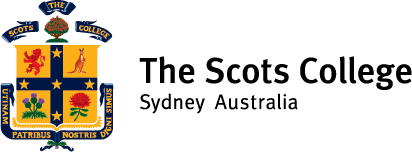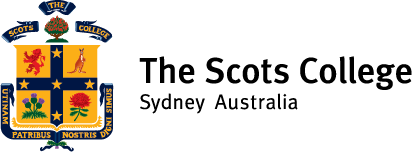The Formula 1 in Schools Technology Challenge is a national competition that sees students design and build miniature Formula 1 cars. As part of the STEAM program run at The Scots College, which focuses on the teaching of the disciplines of Science, Technology, Engineering, and Mathematics, Scots boys will compete with students from around the country in an attempt to design the fastest race car. Previous winners of the competition have gone on to be employed by official F1 teams.
The program offers students a range of individual projects, with Formula 1 in Schools, Lego Robotics, and
Flightclub being three major options to choose from.
“Lego Robotics is a great program, it gives students an opportunity to put theory into practice, receiving
immediate feedback on whether their programming has been successful,” said Mr Rene Mercer, Science
teacher at The Scots College.
“The Flightclub project offers students a kick-start should they wish to pursue a pilots licence, while also allowing them the opportunity to build remote control planes. It’s a great mixture of theory and practical application.”
“The Formula 1 in Schools Competition is a national initiative that we have chosen to enter this year. We
were fortunate to have a presenter from the Confederation of Australian Motorsport speak with us earlier this week, while also bringing along a Formula Vee race car to help demonstrate some principles of aerodynamics to the boys.”
Building from the official F1 Model Block, using computer-aided design and computer-aided manufacturing (CAD/CAM) programs, the cars are tested by using carbon dioxide cartridges to power them along, with some of the best designed cars capable of reaching speeds of up to 80km per hour.
“Experiential learning is a cornerstone of our teaching philosophy at Scots. Our belief is that students gain a greater understanding of subject matter when they experience the theory in action,” said The Scots College Principal, Dr Ian Lambert.
“We aim to challenge boys to think creatively and develop strategies for problem solving. Programs such as Formula 1 in Schools support this approach,” said Dr Lambert.






